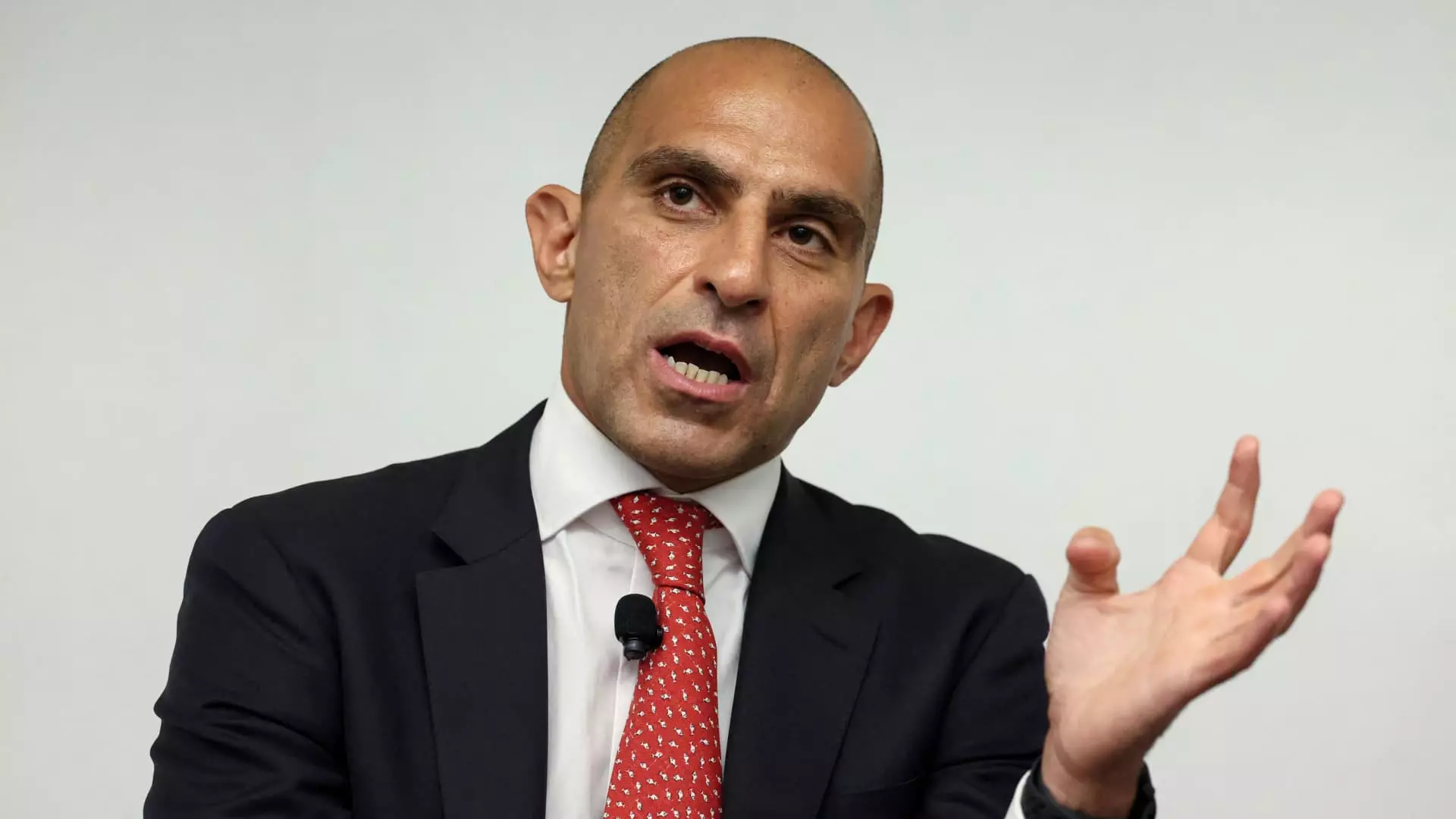In a pivotal moment for financial regulation, Rostin Behnam, the chairman of the Commodity Futures Trading Commission (CFTC), recently spoke at DC Fintech Week, addressing significant challenges faced by the agency. Notably, the CFTC has been involved in a contentious legal battle regarding Kalshi, a financial exchange offering contracts tied to the outcomes of U.S. elections. This issue has raised eyebrows, with the agency maintaining a staunch position against the legality of such event contracts. Following a disappointing ruling in September, where an appellate court lifted an injunction against Kalshi, the CFTC is currently pursuing further legal action.
Behnam emphasized the CFTC’s consistent stance over the past decade, insisting that political event contracts do not align with the agency’s regulatory framework. He articulated concerns regarding the potential risks posed to market integrity by allowing such contracts. This legal tussle mirrors wider concerns about the implications of speculative betting in politics, challenging the very groundwork of transparent electoral processes. As Behnam stated, the seemingly paradoxical situation of permitting these contracts amid ongoing litigation highlights the complexity of modern financial regulation.
Digital Assets: A Growing Concern
Compounding the CFTC’s challenges is the urgent need to address the rapid evolution of digital assets. As cryptocurrencies and other digital instruments proliferate, the absence of a cohesive regulatory framework poses significant risks to American consumers. Behnam has voiced alarm over the prevalence of scams targeting unsuspecting investors, underscoring the inadequacies of the current legislative environment. His testimony before the U.S. Senate Committee on Agriculture, Nutrition and Forestry highlighted the pressing requirement for robust federal legislation to establish clear regulatory pathways.
The rapid ascent of digital assets has outpaced legislative and regulatory bodies’ ability to protect consumers effectively. Behnam’s call for comprehensive reform could not come at a more crucial time. The absence of a regulatory framework raises the stakes for American investors who are increasingly vulnerable to fraud and market volatility. As the digital landscape continues to evolve, so too must the regulatory mechanisms designed to protect participants from potential risks that could destabilize the financial system.
Looking Ahead: The Path to Effective Regulation
As the CFTC navigates these contentious issues, the agency’s ability to adapt to the changing financial environment will be instrumental in ensuring market integrity while protecting investors. Behnam’s remarks at DC Fintech Week not only shed light on the immediate challenges at hand but also highlight a broader narrative of financial innovation being met with appropriate, yet necessary, scrutiny.
The convergence of technological advances in finance and the need for stringent regulatory measures underscores the complexities of modern governance in this space. As stakeholders from various sectors and industries weigh in on the future of digital assets and event contracts, the CFTC’s role remains critical. Fostering an environment in which innovation can flourish while simultaneously safeguarding against potential missteps will be key to maintaining public trust in the financial system. Whatever the outcome of the CFTC’s ongoing legal challenges and regulatory pursuit, the overarching goal remains clear: to protect American investors in an increasingly risky marketplace.

